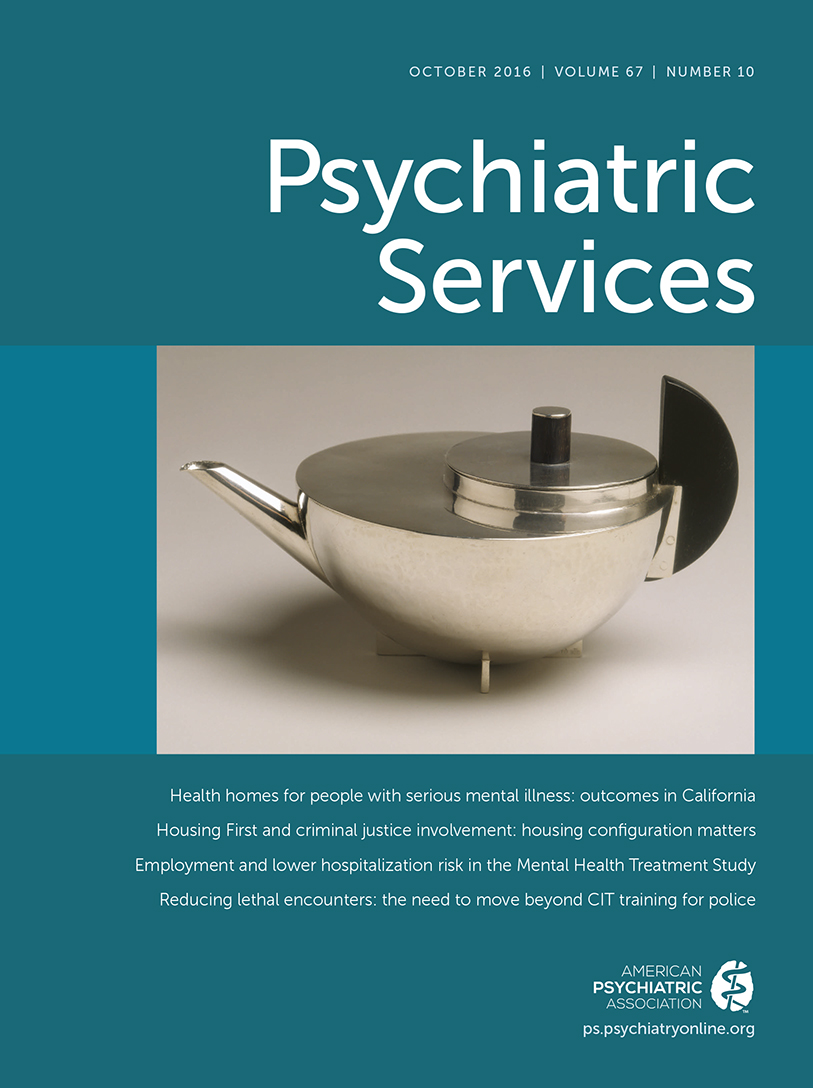Challenges in the Operationalization of Mental Health Quality Measures: An Assessment of Alternatives
Abstract
Interest in measuring the quality of mental health services has increased, but challenges remain in moving from general standards of quality and best practices to specific, implementable quality measures. The International Initiative for Mental Health Leadership identified 656 mental health quality measures and then applied a modified Delphi approach to assess various available alternative quality measures. Panel members considered issues of data source, segmentation, and thresholds. Policy makers and organizations will need to make difficult choices about accountability, purpose, feasibility, and validity in order to operationalize quality measurement. Empirical data can help guide them in this process.



